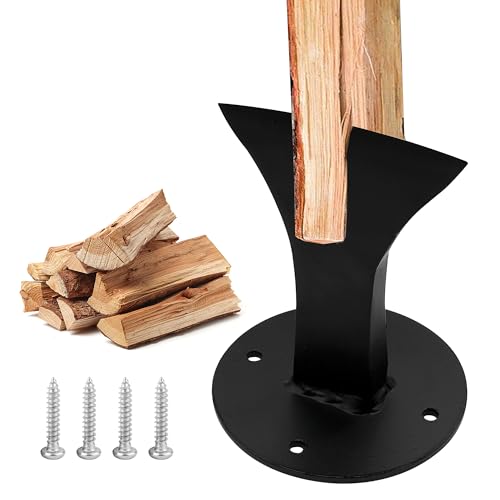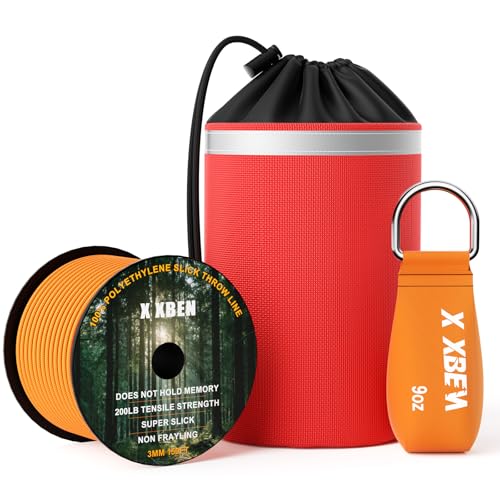Woodsnake
ArboristSite Lurker
Hello,
I have a Husky 336, and a 555, both excellent saws, and the sprockets on the bars are both stuck. I sprayed some PB Blaster and let them sit for a day and no luck. Maybe I need to soak them for a while in something? My family and I moved to the Olympic Peninsula from Wisconsin 3 years ago, and in Wisco we generally cut about 18 cords of wood a year, and my saws were in regular use. When we moved we've been building our own house so the saws have sat. They've been on a plastic shelf in a carport shelter all that time and now I pull them out, and anywhere where there is residue from canola oil (I use as bar oil) has turned black, and the sprockets are frozen. Any advice? Maybe heating them up? Soaking them in some kind of solvent?
Thanks.
I have a Husky 336, and a 555, both excellent saws, and the sprockets on the bars are both stuck. I sprayed some PB Blaster and let them sit for a day and no luck. Maybe I need to soak them for a while in something? My family and I moved to the Olympic Peninsula from Wisconsin 3 years ago, and in Wisco we generally cut about 18 cords of wood a year, and my saws were in regular use. When we moved we've been building our own house so the saws have sat. They've been on a plastic shelf in a carport shelter all that time and now I pull them out, and anywhere where there is residue from canola oil (I use as bar oil) has turned black, and the sprockets are frozen. Any advice? Maybe heating them up? Soaking them in some kind of solvent?
Thanks.























































